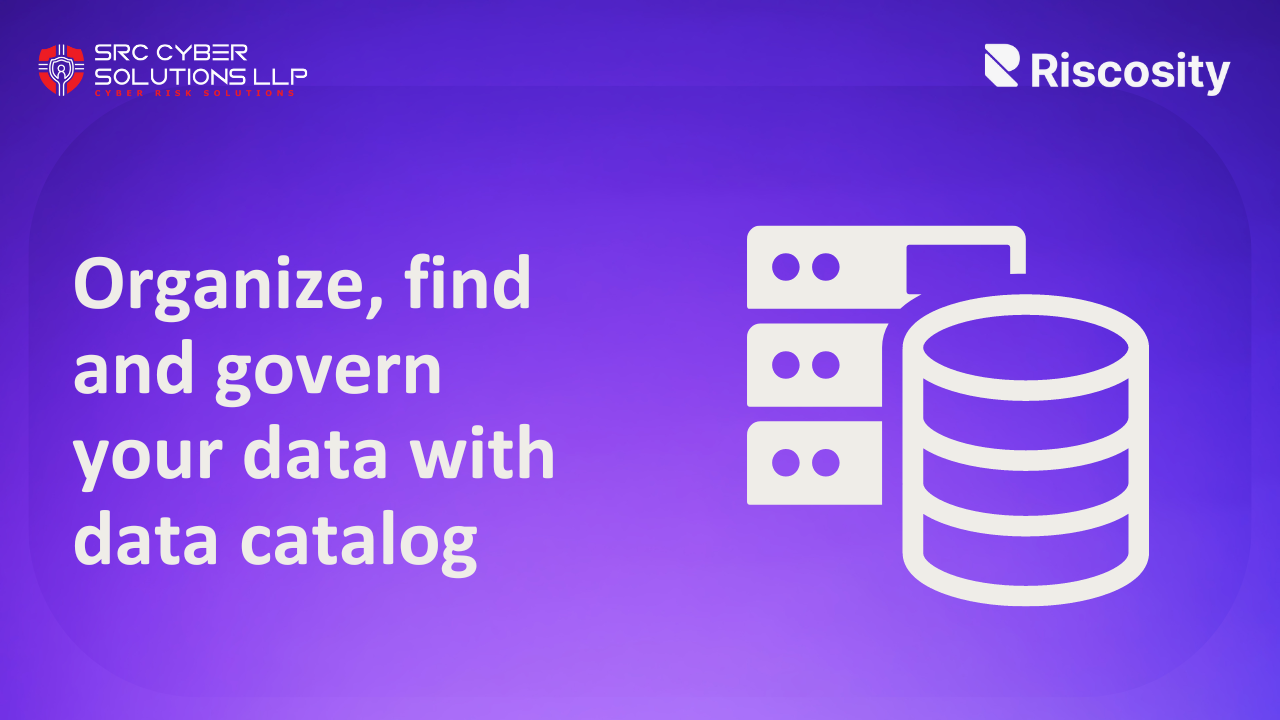
Data Catalogs: What They Are & Why They’re Important
A data catalog is a critical data repository that enables visibility into what data you have, where it’s going, and who owns it – all critical inputs for maintaining data security. A company's data needs to be both organized and centralized, while also easily being discoverable. In this article, we’ll explore what data catalogs are and how they can create business value in your organization.
What is a data catalog?
A data catalog acts as a single source of truth that enables data producers and data consumers to find, manage, and control access to data across your company’s data estate. It enables everyone - from data producers to business users - to create, publish, document, find, access, and report on data, regardless of where it lives in the company. A data catalog should help teams answer questions like:
Why Data Catalogs are important
Having access to high-quality, well-documented data accelerates business decisions and promotes data democratization across teams. Integrating data catalogs into your compliance framework is essential for ensuring regulatory adherence and safeguarding sensitive information. Data catalogs provide structure and a detailed repository of data lineage, origin, and usage. This transparency is crucial for meeting compliance requirements, such as GDPR, CCPA, and HIPAA, which require strict data management and protection practices. By providing accurate tracking and documentation of sensitive data flows, data catalogs enable organizations to effectively demonstrate compliance during audits and remove the risk of non-compliance fines. Additionally, the robust governance features of data catalogs ensure consistent data quality and integrity, further supporting a secure and compliant data ecosystem.
9 Essential features of a data catalog
Data cataloging is a critical component of modern data security strategies, enabling organizations to organize, discover, and govern their data ecosystem effectively. Here are some of the key features that should be part of a data catalog:
Data cataloging industry specific use cases
Data cataloging is a critical process in data security, as it involves organizing, managing, and making data easy to find within an organization. In the next section of the blog, we’ll share industry specific use cases of how data cataloging is used:

Now to dive into specific use case details:
Data catalogs are designed to serve as a centralized inventory of available data sources, datasets, databases, files, reports, and other data artifacts. But the hard truth is data catalogs for a lot of teams tend to still fall short. They’re often treated as static repositories, providing only basic, non actionable insights that require manual upkeep. Modern teams require a modern data catalog that addresses the dynamic and complex nature of today's data environments. Data catalogs need to be able to accurately identify all data sources within an organization, classify the identified data, analyze it, export it, protect it, and ensure that this process is continuously repeated to ensure teams can use the right data in the right way.

Riscosity’s Data Catalog is built for modern teams
Ready to implement an automated data cataloging for your organization — talk to a Riscosity expert.